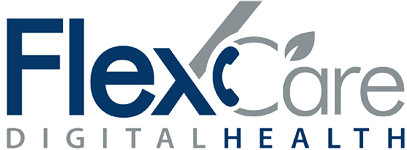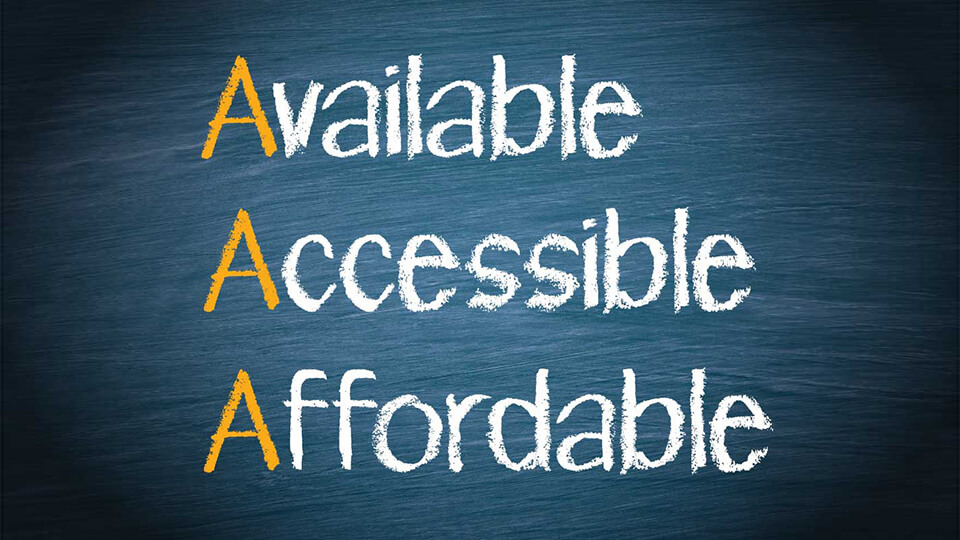What is Digital Health

Digital Health Explained
Digital health is healthcare that is accessible online. Over the years, the interest and recognition of this type of healthcare has continued to grow. In fact, Covid-19 increased its popularity, creating a permanent spot for it on the grid.
Digital Health vs eHealth

On one hand, eHealth is the use of technology to assist health and health-related fields. Likewise, mHealth is a type of eHealth that can be used on mobile devices. On the other hand, digital health is the use of eHealth, mHealth, “big data,” and artificial intelligence.
Benefits of Digital Health
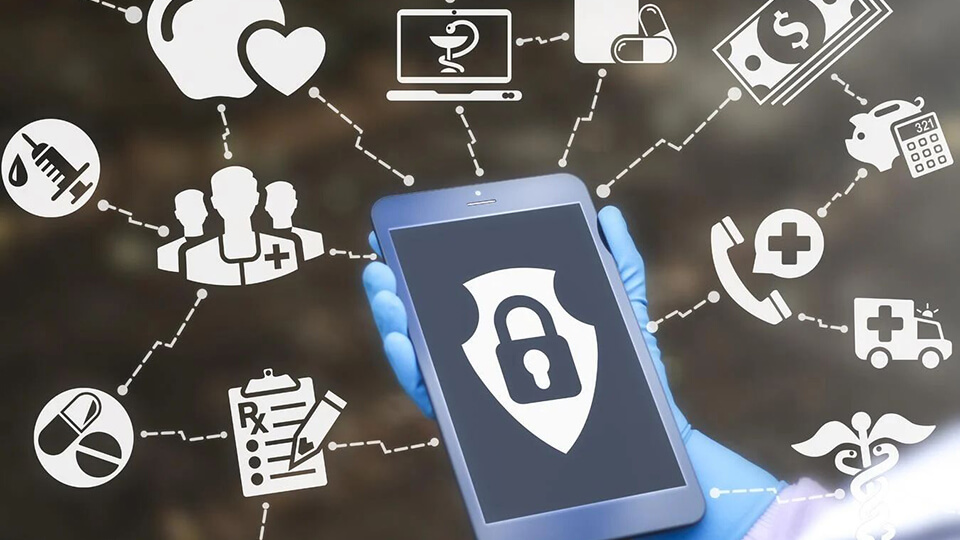
Accessibility
Digital health promotes self-care through its easily accessible platforms. Since people are living longer, that means more people are living with chronic illnesses. So, quicker access to healthcare leads to higher quality service. Finally, easy access to healthcare takes the burden off healthcare providers.
Quality
Digital health helps patients detect the progression of diseases as well as monitor and track symptoms. Patients with lung problems, respiratory problems, or are “at risk” benefit the most from digital health.
Personalization
The dynamic between the doctor and the patient change for the better with digital health. Whereas patients once blindly followed doctors’ instructions, digital health allows patients and doctors to find the right treatment together. Also, health records are accessible through digital health. So, doctors and patients can stay up to date with any changes to their health status.
Expansion
Digital health allows healthcare professionals to spend more time talking to and monitoring patients. In many cases, patients cannot make it to in-person appointments due to location or illness. And patients’ 24/7/365 access to their medical record makes it easier to share with their doctor at any time.
Lower Costs
Affordable healthcare means more people have it. As a result of this fact, most digital health services offer access to online communities. Through here, patients can connect with others who are dealing with similar health issues.
The impact of digital health is so great that the World Health Organization (WHO), the World Bank Group, and the United States Agency for International Development (USAID) all signed a document that recognized its potential. However, even though digital health is proven to be helpful, it should continue to assist traditional healthcare, not replace it.
Types of Digital Health
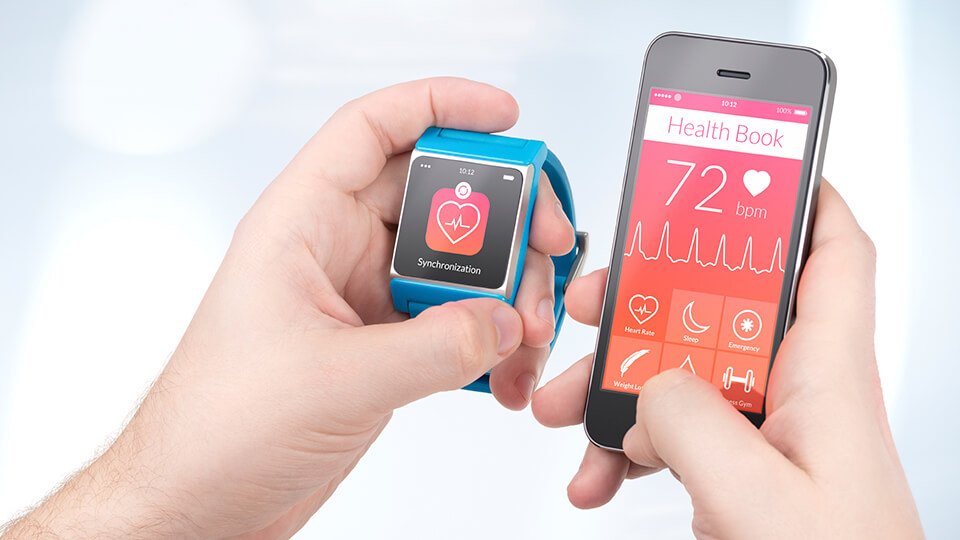
Mobile Health (mHealth)
Mobile Heath, or mHealth, is health services that are accessible on mobile devices. For example, there are apps for:
- Fitness tracking.
- Medication planning.
- Consumer health.
Health Information Technology (HIT)
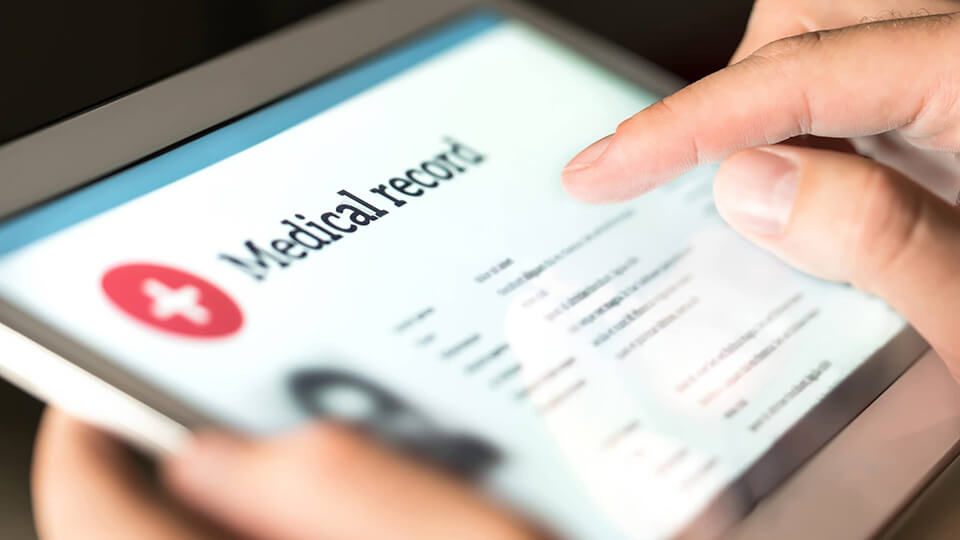
Health information technology, or HIT, is technology used to track and organize health data. For instance, there are:
- Electronic medical record systems.
- Electronic prescription refills.
- Consumer health IT apps.
Devices, Sensors, & Wearables
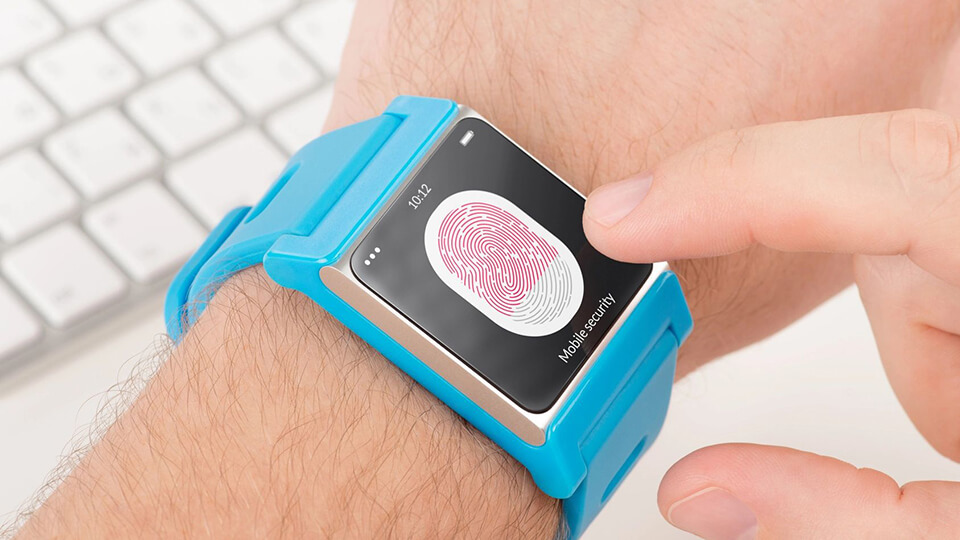
Devices, sensors, and wearables are convenient, more physical types of digital health services. To specify, some examples are:
- Wireless devices.
- Wearable devices.
- Biometric sensors.
- Diagnostic products.
Telehealth

Telehealth is traditional healthcare, but remote. To explain, telehealth has:
- Remote monitoring of patients.
- Virtual visits with healthcare professionals.
- Remote care programs.
Personalized Healthcare
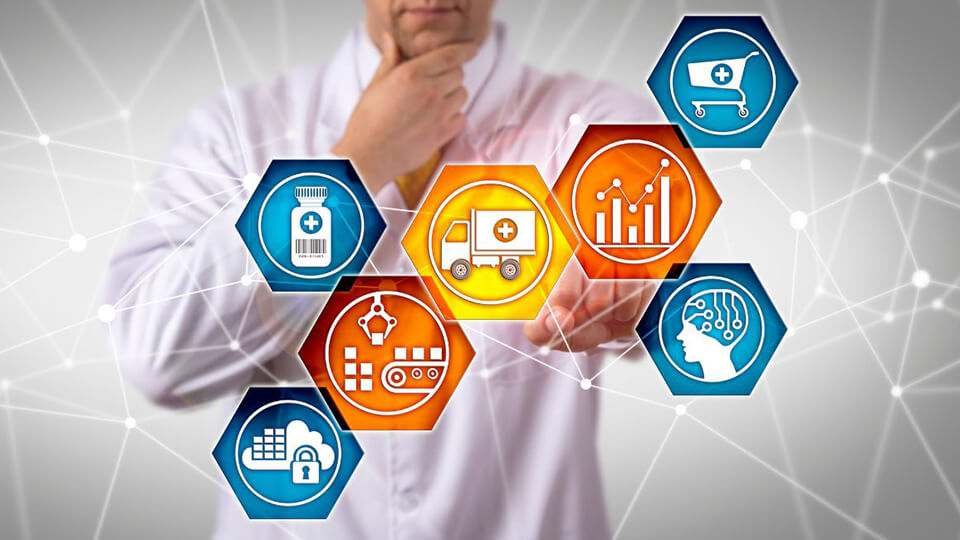
Personalized healthcare used data gained about a patient to offer them custom plans and advice. Examples include:
- Predictive analytics (prediction for future health based on past health).
- Results reported by patient.
- Help with clinical decisions.
Digital Therapeutics
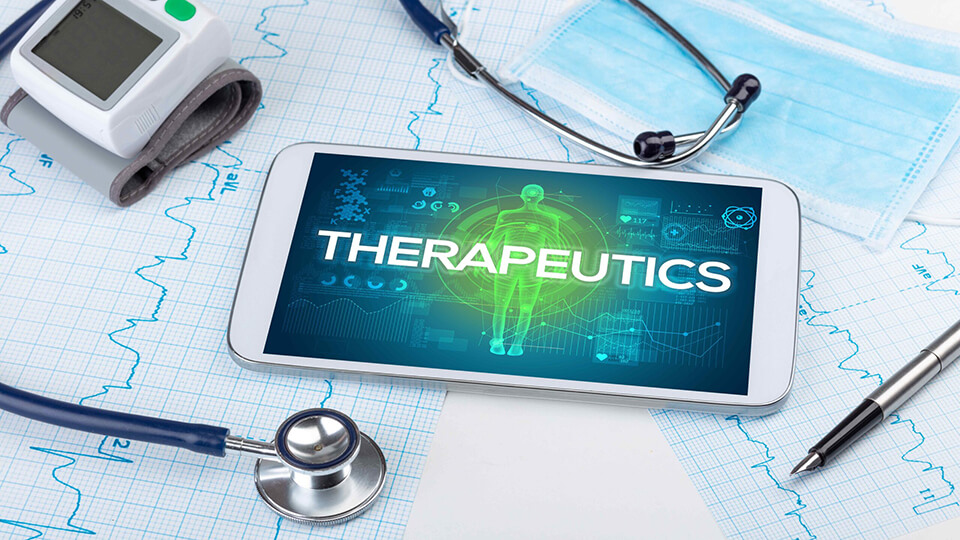
Digital Therapeutics uses therapeutic services to reduce the effects of diseases and medical conditions through prevention, management, or treatment.
Trends in Digital Health

The investment trends for digital health continue to go up and down over time. The trends for the investments for digital health are stated by category below.
mHealth
- Nutrition, Wellness and Fitness Tracking Apps
- 742 companies in the market.
- From 2010 to 2016, investments grew by 15X.
- Invested capital peaked in 2015 and in 2019 at $2.46 million.
- Consumer Health Information Apps
- 417 companies in the market.
- From 2010 to 2020, investments grew by 8X.
- Invested capital peaked in 2018 at $289 million, declined in 2019, then rose again in 2020.
- Medication Planning Apps
- 61 companies in the market.
- From 2010 to 2017, investments grew by 20X.
- Invested capital peaked in 2020 at $169 million and is likely to maintain.
Health IT
- Electronic Health Record Systems
- 1,242 companies in the market.
- From 2010 to 2020, investments grew by 4X.
- Invested capital peaked in 2019 at $7.3 billion.
- Electronic Prescription Refills
- 337 companies in the market.
- From 2010 to 2020, investments grew by 4X.
- Invested capital peaked in 2013 and 2019 at $700-$900 million.
Wearable Devices
- 825 companies in the market.
- From 2010 to 2017, investments grew by 15X.
- Invested capital peaked in 2019 at $3.09 billion.
Telehealth
- Remote Monitoring of Patients
- 277 companies in the market.
- From 2010 to 2018, investments grew by 8X.
- Invested capital peaked in 2020 at $691 million.
- Virtual Visits
- 499 companies in the market.
- From 2010 to 2020, investments grew by 18X.
- Invested capital peaked in 2020 at $2.03 billion.
Personalized Healthcare
- Predictive Analytics
- 223 companies in the market.
- From 2010 to 2018, investments grew by 26X.
- Invested capital peaked in 2015 at $1.2 billion and in 2018 at $645 million.
- Personalized Medication
- 493 companies in the market.
- From 2010 to 2018, investments grew by 5X.
- Invested capital peaked in 2018 at $2.68 million.
Digital Therapeutics
- 133 companies in the market.
- From 2010 to 2019, investments grew by 40X.
- Invested capital peaked in 2019 at $1.26 billion.
Ultimately, digital health continues to have a huge impact on patients all over the world. With the benefits that highlight accessibility and low costs, the investments for each type of digital health continues to grow. However, although the benefits of this type of healthcare are great, it should not replace traditional healthcare.
